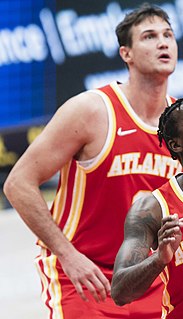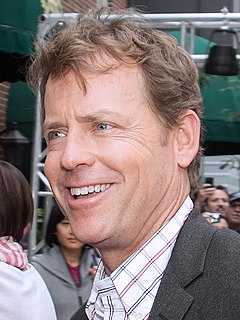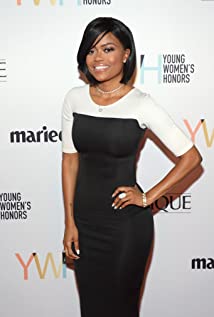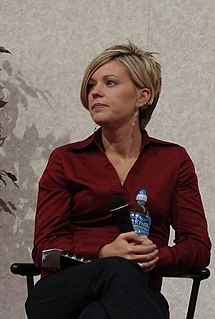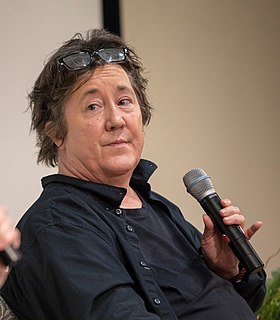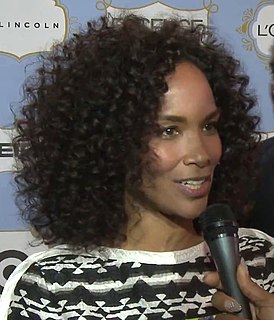A Quote by Laurie Simmons
When I first came to New York, in the '70s, artists were certainly divided about the Andy Warhol persona, and about the work. I thought it was utterly cool - I thought the Factory was utterly glamorous - but there were a lot of artists I really admired and respected who were older that kind of dismissed it, couldn't get it, and felt that there was a lack of seriousness about it.
Related Quotes
My thing with New York was that it felt so insular. When I went to L.A., everybody I knew was a cool, amazing musician. In New York, they'd be hunkered down trying to form a band. But in L.A., guys in bands were also playing with other artists, touring with other artists, and collaborating with other artists.
I think the entrepreneurial activities that make art visible and attractive are what lure people into the amusement park that SoHo has become or that Bushwick or Williamsburg has become. It's not that outsiders come to an area because they hear artists are living there. A lot of people came who were not that interested in living with artists, but they were interested in living like artists and socializing the way that they thought artists socialized.
My parents were really, really cool about supporting what I wanted to do at a really young age. I think I was about 10 when I caught the bug. They would drive me down to New York if there were auditions. When I was 12, I did this show on Broadway called 'High Society,' so we moved to New York for the run of that.
I made a real specific decision when I came out of school and most artists were writing about home - if you were a woman, you were writing about being a woman - and I decided not to do that, write about what you know. That's not what I do. I went as far away from home as possible in terms of the development of my imagination.
With the Holocaust - I wonder if a lot of Jewish writers of my generation have felt this way - it feels really intimidating to approach it. I feel like so many writers who have either lived through it firsthand or were part of that generation where they were closer to the people who were in it have written so beautifully about it, so there's no lack of great books about it
I took photos from 1976 to when I left in 1993, primarily for Interview and a column I had called "Bob Colacello's Out" which Andy had conceived of. I've never taken a picture since, not even with my phone! It just felt too Andy Warhol to keep going around town taking photographs. And I never really thought of doing anything with them after I left the magazine until this great Art Director Sam Shahid about for or five years ago asked where all of the old photos were.






